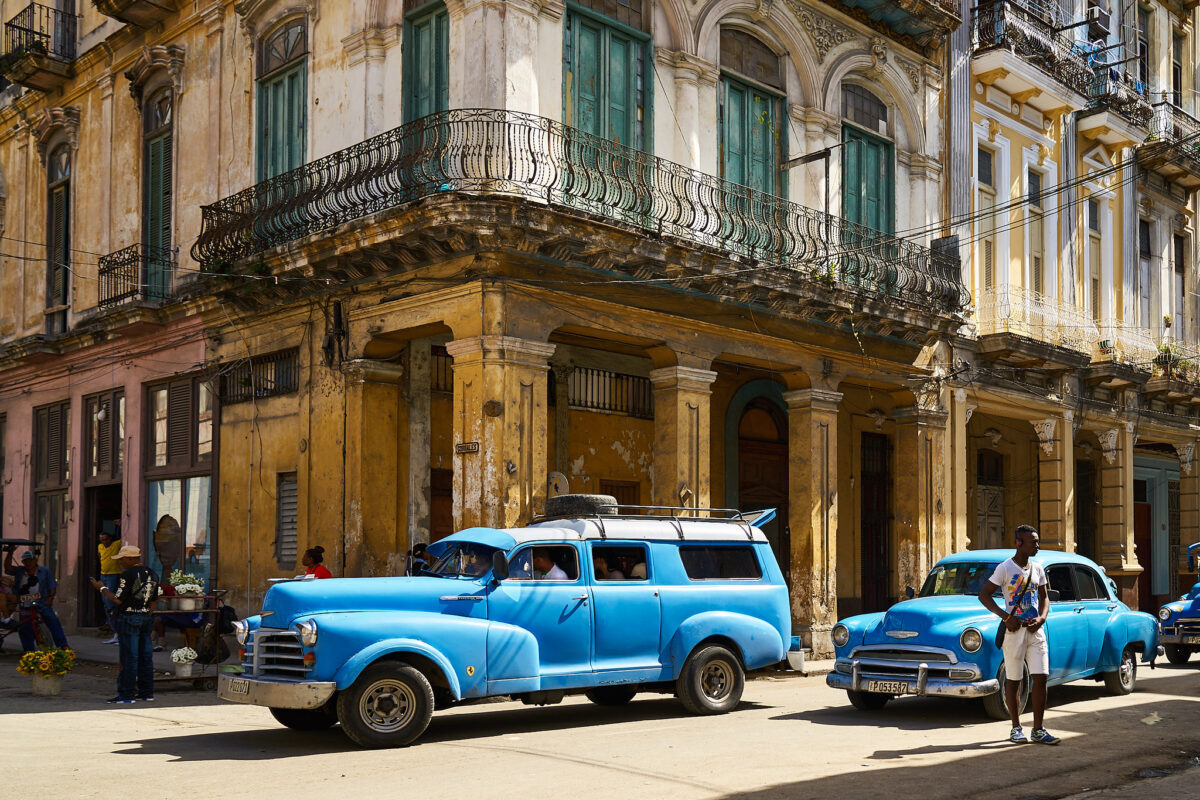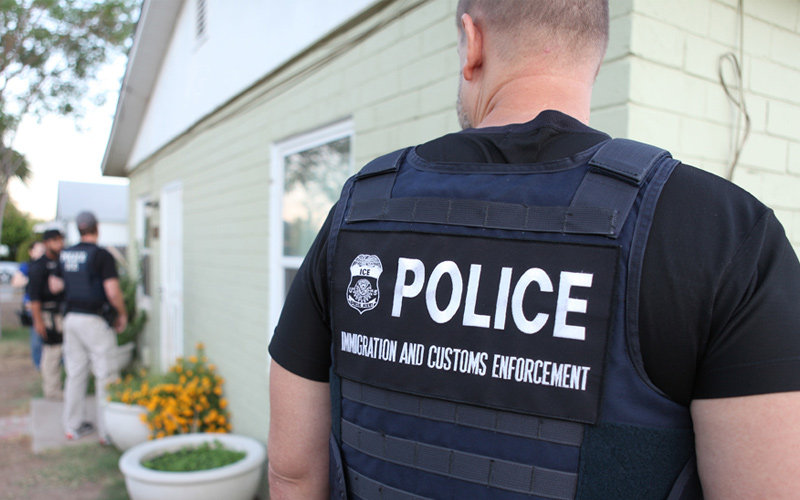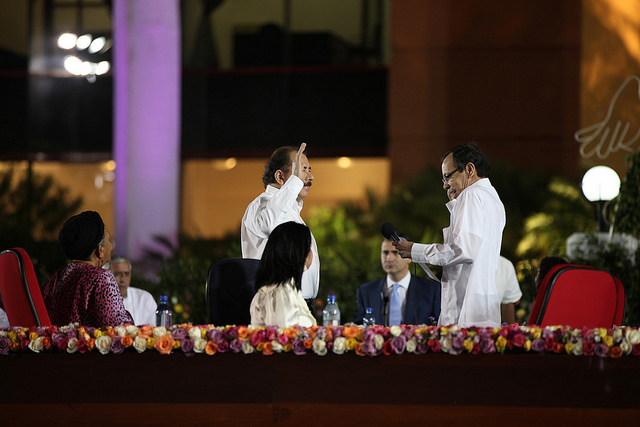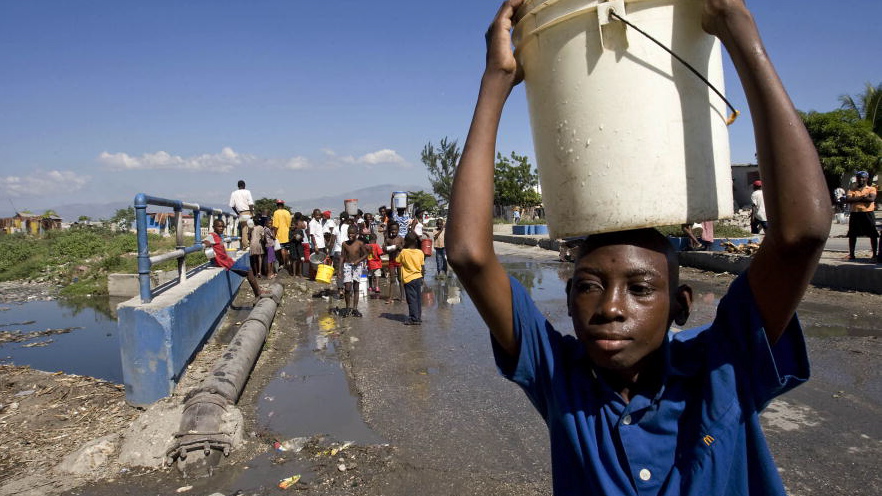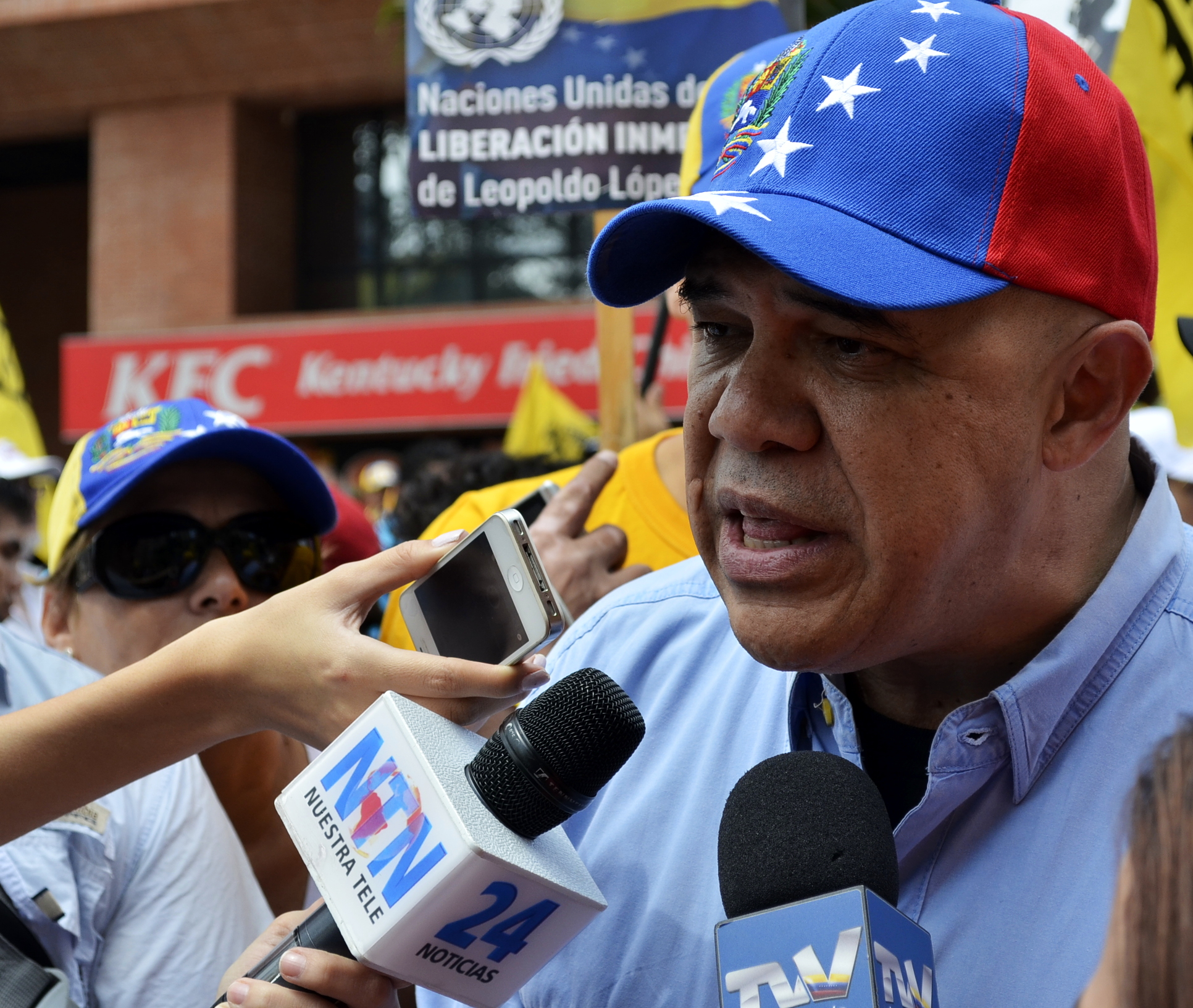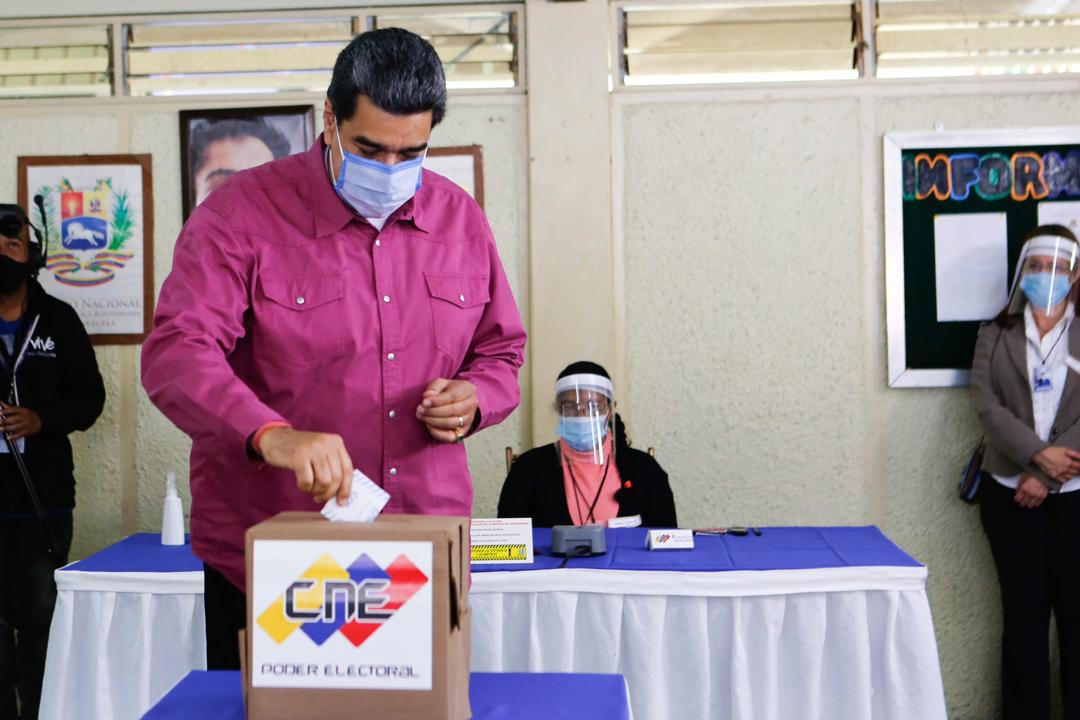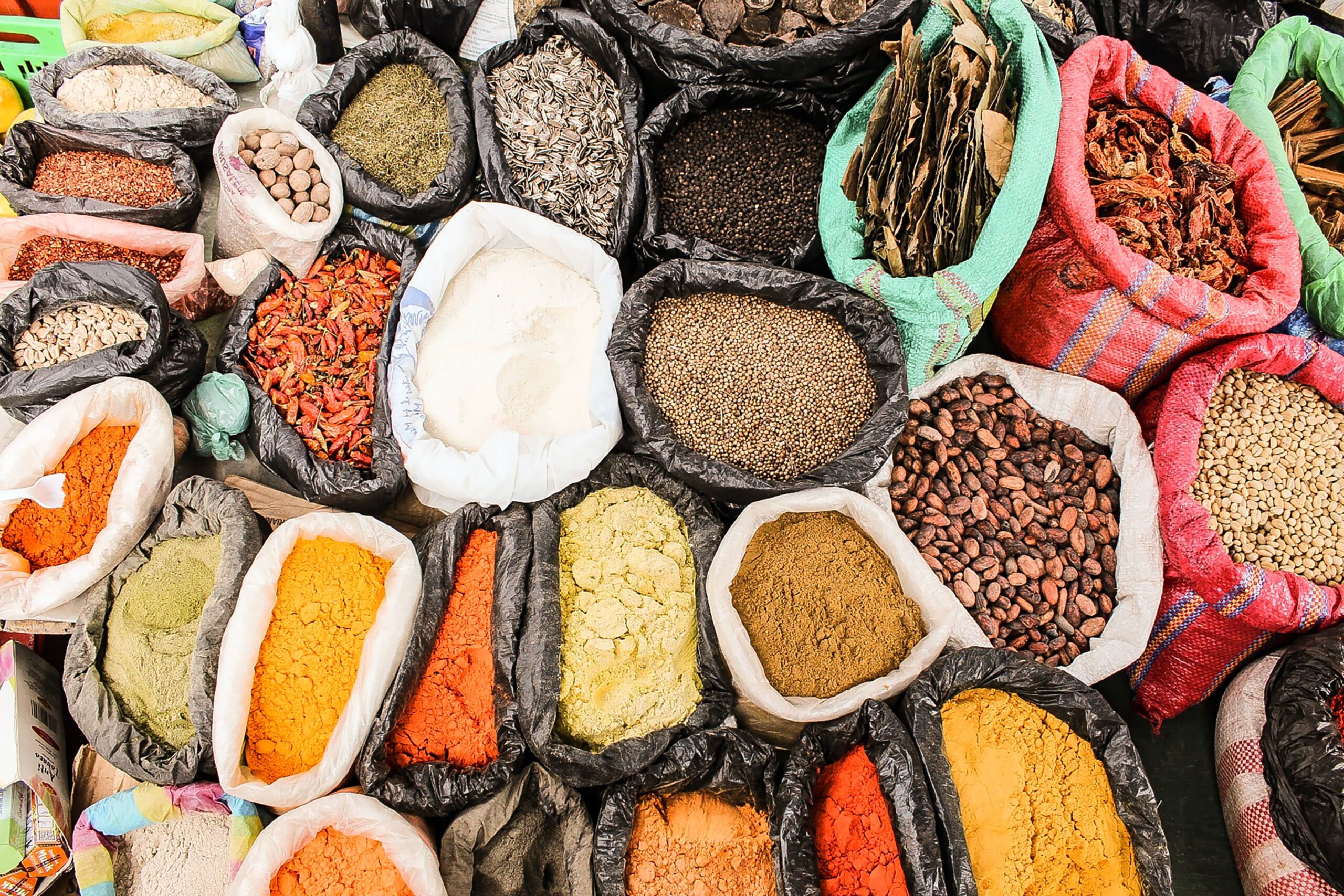
Latin America: Week in Review
Ecuador and the United States to Begin Commercial Relationship
December 4, 2020 By Staff
TODAY IN LATIN AMERICA
ECUADOR: Ecuador and the United States will sign an agreement next Tuesday to start negotiating commercially and develop their relationship. Iván Ontaneda, the minister of production, confirmed the signing of the document will be done early next week in the Carondelet palace alongside with the Head of Commerce Robert Lighthizer. The treaty will be the first phase in a conglomeration of efforts to facilitate international commerce for Ecuador. The agreement will probably reduce a 15% of exportation costs and benefit small businesses across the country.
President Lenín Moreno had announced the accord on Nov. 16, and said it was “an excellent step” to reach a final agreement with the United States in the future. Ontaneda said the agreement is an important step for the country, but described the first stage pact as “short” and “will not deal with sensitive topics, such as agriculture.”
Headlines from the western Hemisphere
SOUTHERN CONE
ARGENTINA: Twenty million people, nearly half the population, are experiencing poverty due to COVID-19 in the country, according to the Observatory on Social Debt at the Catholic University of Argentina. The number has increased to 44.2% and at least 65% of children of the age of 17 or younger live in poverty, unemployment has also risen to 14% due to the pandemic.
ANDES
COLOMBIA: Colombia is set to order 10 million COVID-19 vaccines from Pfizer in order to provide relief to victims of the pandemic. The purchase would allow for one fifth of the population to recover, which would allow the country to receive some relief after 37,000 people have died due to the disease since March.
VENEZUELA: President Nicolás Maduro asked the countries that have criminal sanctions against Venezuela to lift them in order to address losses due to COVID-19. The president said the economic prosecution led by North America has caused losses of at least 40 million dollars and has made it extremely difficult during the pandemic for the country to import food and medicine. Maduro also emphasized that Venezuela won’t be giving in to external pressure and will forge its own destiny.
CARIBBEAN
PUERTO RICO: The island could receive 1,000 doses of Pfizer’s COVID-19 vaccine as early as next week, pending approval by the Food and Drug Administration, El Nuevo Día reported on Thursday. According to Domingo Cruz Vivaldi, the CEO of Hospital Ashford en San Juan, he assigned an agreement with the Department of Health to get the vaccines, which will be administered to the hospital’s healthcare workers.
CENTRAL AMERICA
NICARAGUA: The International Institute on Race, Equality and Human Rights has petitioned the Inter-American Commission on Human Rights for the state of Nicaragua to take responsibility for human rights violations, specifically criminalizing freedom of expression, according to La Prensa. The document submitted by the Institute recommends that the state take steps to provide reparations to the 39 journalists affected by the violations.
NORTH AMERICA
MEXICO: President Andrés Manuel López Obrador is hopeful that, after Dec. 10, Mexico will authorize the Pfizer vaccine and distribute it. He said that he expects doctors, nurses and teachers to be the first to receive the vaccine. He also stated that the vaccine will cost around $2 billion pesos. In the upcoming weeks, Secretary of Foreign Affairs Marcelo Ebrard and Secretary of Health Jorge Alcocer will update distribution and who will be vaccinated first.
MEXICO: Campeche and Chiapas are the only states that have received the “green” light in Mexico’s COVID traffic light system. Both states have low positivity and mortality rate, and beds available in hospitals. Additionally, both states have medium to low population density. Other factors pointed out include that both states have less population density, less mobility and a younger population than other states.
< Previous Article
